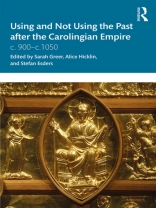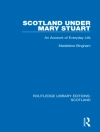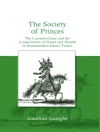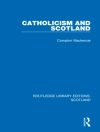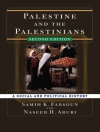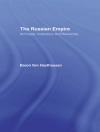Using and Not Using the Past after the Carolingian Empire offers a new take on European history from c.900 to c.1050, examining the ‘post-Carolingian’ period in its own right and presenting it as a time of creative experimentation with new forms of authority and legitimacy.In the late eighth century, the Frankish king Charlemagne put together a new empire. Less than a century later, that empire had collapsed. The story of Europe following the end of the Carolingian empire has often been presented as a tragedy: a time of turbulence and disintegration, out of which the new, recognisably medieval kingdoms of Europe emerged. This collection offers a different perspective. Taking a transnational approach, the authors contemplate the new social and political order that emerged in tenth- and eleventh-century Europe and examine how those shaping this new order saw themselves in relation to the past. Each chapter explores how the past was used creatively by actors in the regions of the former Carolingian Empire to search for political, legal and social legitimacy in a turbulent new political order.Advancing the debates on the uses of the past in the early Middle Ages and prompting reconsideration of the narratives that have traditionally dominated modern writing on this period, Using and Not Using the Past after the Carolingian Empire is ideal for students and scholars of tenth- and eleventh-century European history.
Stefan Esders & Sarah Greer
Using and Not Using the Past after the Carolingian Empire [PDF ebook]
c. 900-c.1050
Using and Not Using the Past after the Carolingian Empire [PDF ebook]
c. 900-c.1050
购买此电子书可免费获赠一本!
语言 英语 ● 格式 PDF ● 网页 320 ● ISBN 9780429683046 ● 编辑 Stefan Esders & Sarah Greer ● 出版者 Taylor and Francis ● 发布时间 2019 ● 下载 3 时 ● 货币 EUR ● ID 7240523 ● 复制保护 Adobe DRM
需要具备DRM功能的电子书阅读器
